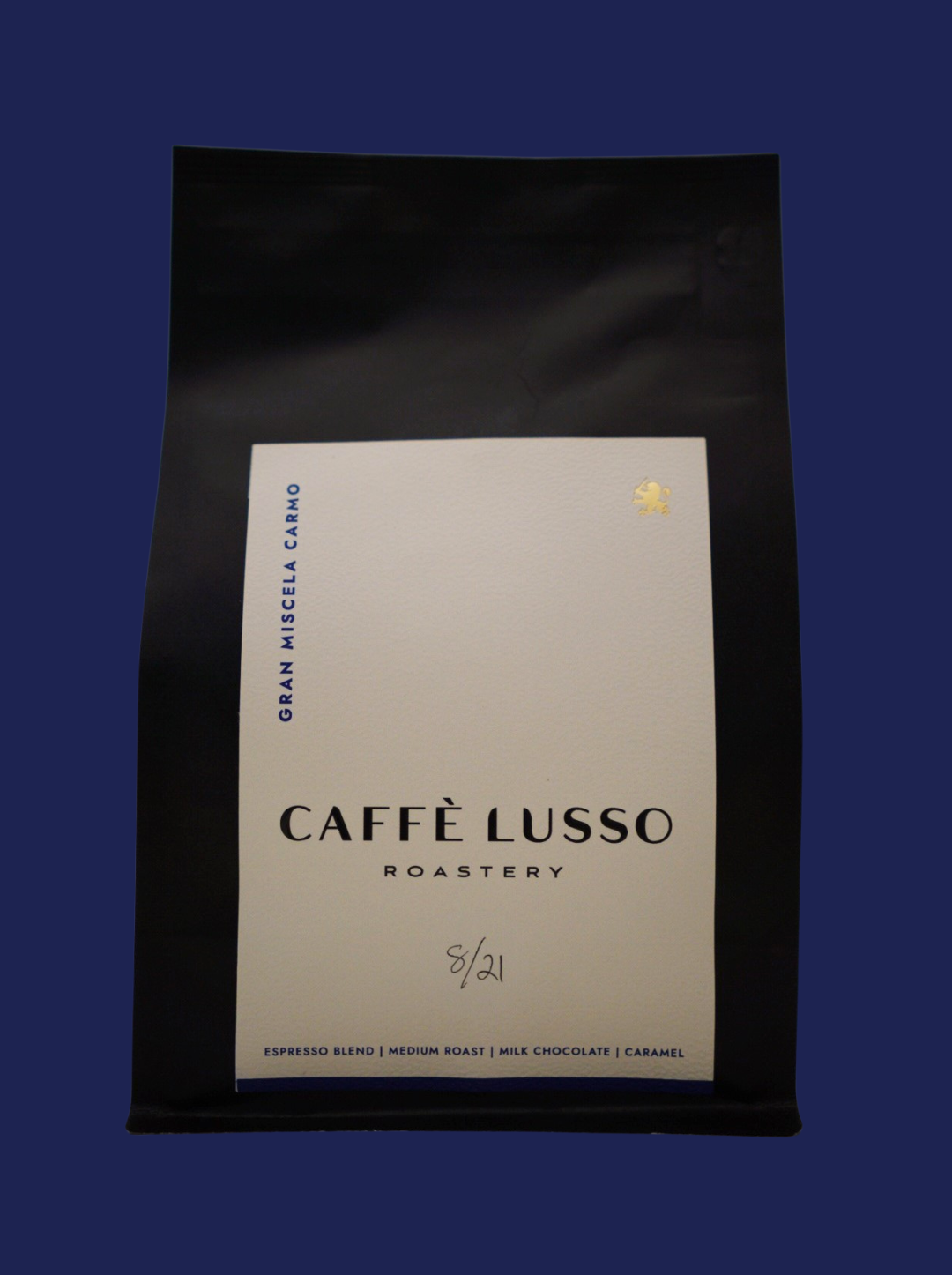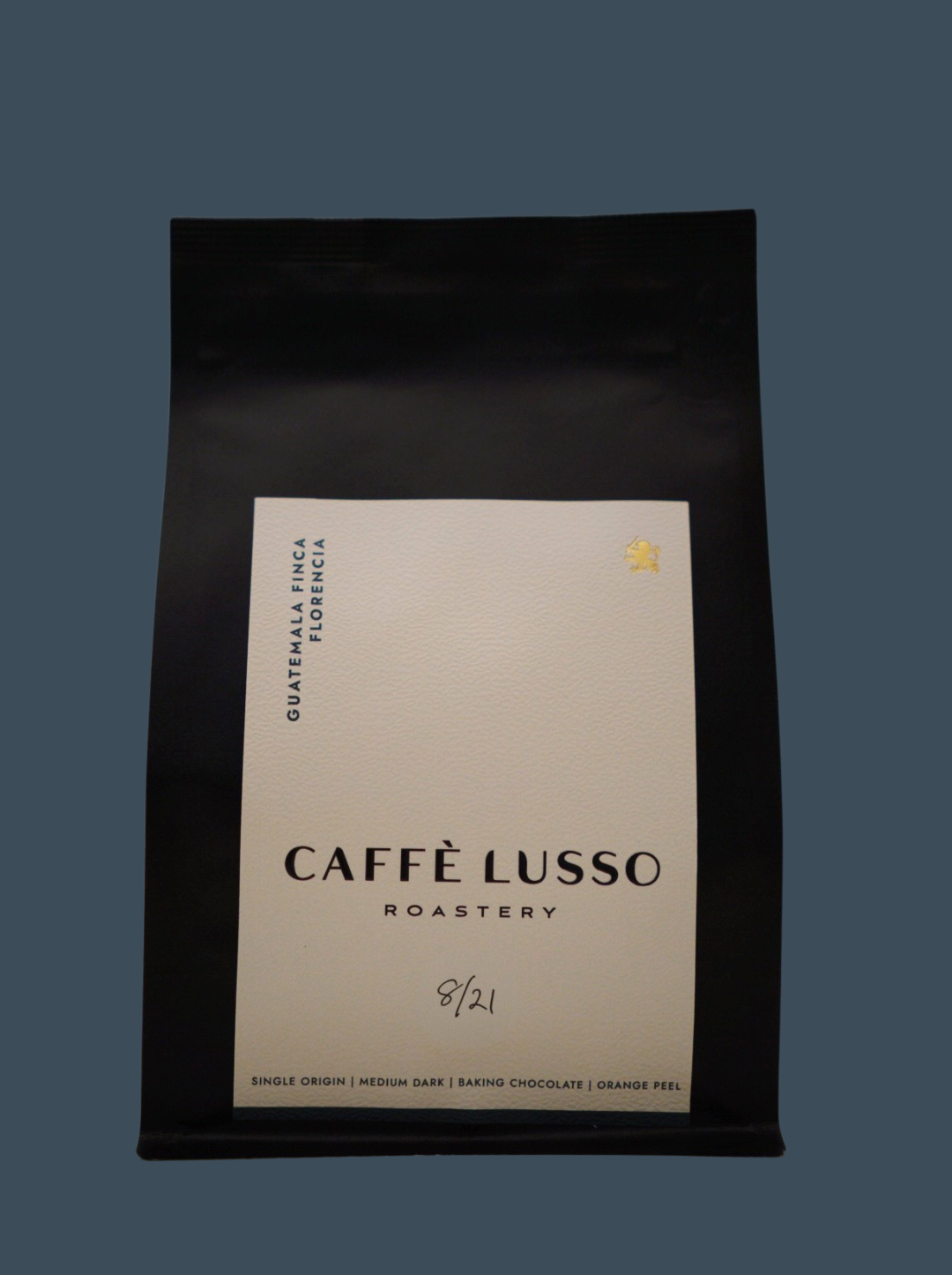Free Shipping on Orders $35 and up
Free Shipping on Orders $35 and up
Add description, images, menus and links to your mega menu
A column with no settings can be used as a spacer
Link to your collections, sales and even external links
Add up to five columns
Add description, images, menus and links to your mega menu
A column with no settings can be used as a spacer
Link to your collections, sales and even external links
Add up to five columns

Grind Size, TDS, and Extraction
We often reflect that coffee is a unique balance of art and science. TDS is a very “sciency” coffee term. It stands for Total Dissolved Solids. Simply put, TDS is a measurement of the coffee solubles that have dissolved into your cup of coffee. It is represented as a percentage, and that percentage is essentially everything in the cup that is not water.
For reference, the average cup of coffee has a TDS of about 1.15%. Straight espresso will usually fall somewhere between 8-12%. So, another way to think of TDS is as concentration. Higher TDS means the coffee beverage has a higher concentration of coffee solubles in the cup (per ml of water).
There are many variables that can affect TDS. One of them is grind size. In theory, as you grind your coffee more finely, there is more surface area of the coffee exposed to the water during the brew. This leads to increased extraction, which will increase the TDS.
How much does grind size really impact TDS? And is that impact noticeable on the palate?
The taste difference between 1.15% and 9% TDS (drip coffee vs espresso) is easily detectable. But we wanted to know if very slight changes in grind size would have a similar effect. So, we brewed three different French Presses. All three brews were with the same coffee, same brew ratio, same brew time. The only difference was a single-click adjustment to the grind size on our lab grinder (Mahlkonig Guatemala). So, all three grind sizes were within “acceptable” range for French Press. The question was, what effect (if any) does such a small grind size change have on the coffee? For both TDS and for taste.
The theory here (and our guess going into it) was that the finer grind size of the French Press would have a slightly higher TDS, and the coarser would have a slightly lower TDS. Along with this, we expected the finer grind to taste stronger, perhaps more intense, maybe richer.
Here were the results.
TDS: as expected, the grind did affect the TDS of the coffee. Our coarsest grind came in at 1.06% TDS. The middle grind was 1.11%. And the finest was 1.20%.
Who cares? Does it matter?
Surprisingly, even these very slight variations in grind size and TDS did noticeably affect the taste of each cup – but not exactly in the way we expected. The coffee we were working with was our Guatemala Finca Florencia. This coffee is a bit unique for a Central American, in that it features both chocolate and floral notes.

What stood out most to us was that the chocolate notes dominated in the coarsest grind. It was a very pleasant cocoa profile, but the florals had nearly completely disappeared. The middle grind featured a really nice balance between the chocolate and floral notes. The finer grind was definitely the “brightest.” The round base of cocoa was less noticeable, and the florals turned a bit more citrusy.
So, we did not end up with vastly different cups. Each of these cups was still enjoyable, but the differences were tangible and detectable on the palate. What caused the difference? Grind size – but indirectly. Grind size affects extraction. Extraction affects TDS. And TDS will affect what you taste in the cup.

Takeaway: try different things with your coffee. Experiment. Figure out what you like.
One caveat: when you’re experimenting, limit yourself to one variable at a time (i.e. grind size), and keep all other elements of the brew (i.e. ratio, brew time, etc.) constant.
Happy tasting!
NEWSLETTER
Sign up for the latest on new coffees, blog articles, and sales.
6 Responses
eqogdQZjAEUiB
August 25, 2024
CRZXHdfOgV
aXqfZdAEIsmyecG
August 22, 2024
OXuwylZGmrI
xfmGEAotcQjUqK
August 22, 2024
fyFsuZDAgBlYcpva
Felix
May 19, 2024
how to increase TS at espresso
Kidist
April 18, 2024
Help full information.
Leave a comment
Comments will be approved before showing up.
Subscribe
Sign up to get the latest on sales, new releases and more …

Stay Up To Date on The Latest at the Roastery
Signup for Lusso updates




JMoKqhOk
August 25, 2024
zYHUmKvtAwo